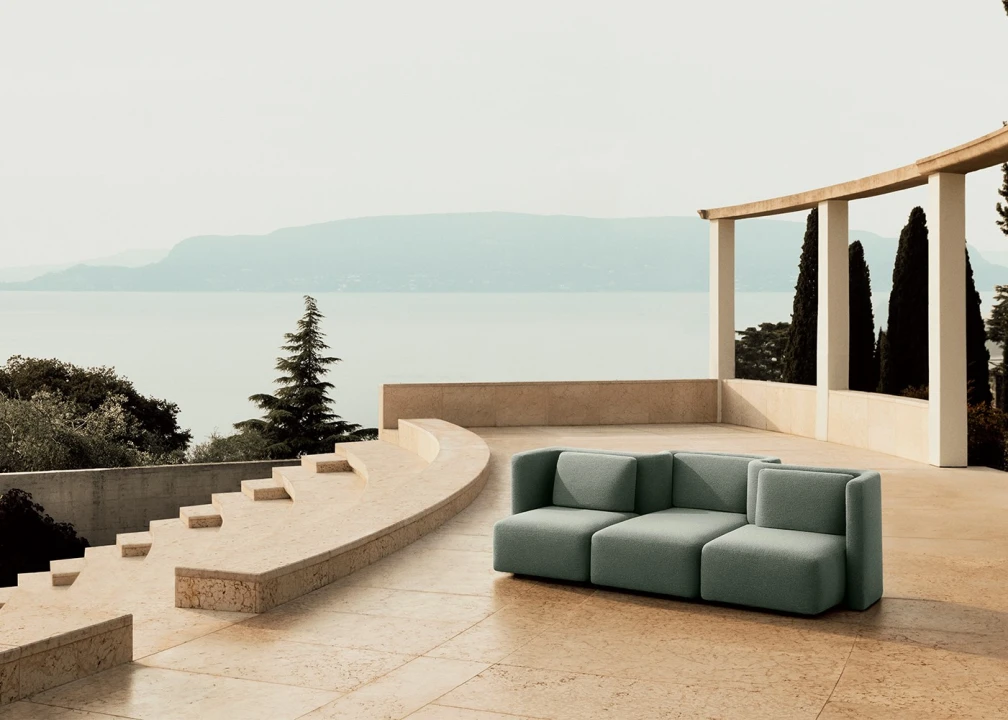"Lezioni Americane. Sei proposte per il prossimo millennio" is a book taken from a series of lectures that Italo Calvino prepared in 1985 in view of six lectures to be held at Harvard University as part of the prestigious "Poetry Lectures" in honor of Charles Eliot Norton.
Lightness, Exactness Multiplicity. Three of his six lectures are exactly the distinctive feature of the collections of Saba Italia, a company founded by the Venetian entrepreneur Amelia Pegorin. A former elementary school teacher with a passion for philosophy, Amelia managed to transform a small upholstery workshop in San Martino di Luperi in the Padua countryside into an international brand of flexible and decomposable sofas. Today, with 54 employees, 60% of whom are women, and a turnover of 17 million euros, Saba brings Made in Italy products to 60 countries around the world.
The entrepreneurial story of Amelia Pegorin, who is still managing director even after the company became part of the IDB group - Italian Design Brands - was born not only from courage and love of design, but also from a sense of responsibility. She could either abandon the family business and continue teaching or sink her hands, mind and heart into the family business.
She stayed in the business, but the passion for philosophy - the activity which interprets the ways of human action within its becoming - did the rest. Amelia Pegorin has in fact approached design, looked at sofas and chairs from different angles, taking into account the "becoming": of society, of lifestyles with its faster mobility, up to a new personal flexibility.
The first response came in 1994 with My Taos, a sofa designed by Sergio Bicego that satisfied the desire for aesthetics understood as harmony of proportions and functionality beyond ergonomics. Large cushions create disjointed and mobile seats without mechanical artifices. This concept is taken to extremes in the subsequent Ananta collection, an informal, free and versatile system that allows for infinite compositions.
Pixel, launched in 2010 and always inspired by the concept of s-composition is still a bestseller, demonstrating that a good design can last over time.
In the meantime, the company has started collaborations with great designers such as Antonio Marras with whom it has developed Oltremare, a sofa, a pouf and an armchair that take the vintage of the 30s and aim at it with a pinch of contemporaneity. Gala, on the other hand, is a project created with the designer Cristina Celestino.
Many collections and a leitmotif, the possibility of continuously renewing the look of Saba sofas, all with removable covers, which removes the word "boredom" from the consumer's vocabulary.
We live in a hyper-connected world and this is reflected in our habits and conditions today's living, without considering that our homes – because of the pandemic - will be an increasingly well-equipped place to carry out one's work.
Tomorrow's design is challenging because it will increasingly have to respond to these needs with rationality and creative dynamism. So it will be interesting to follow the next few months, with the return of the Salone del Mobile 2021, the Saba Italia response.




